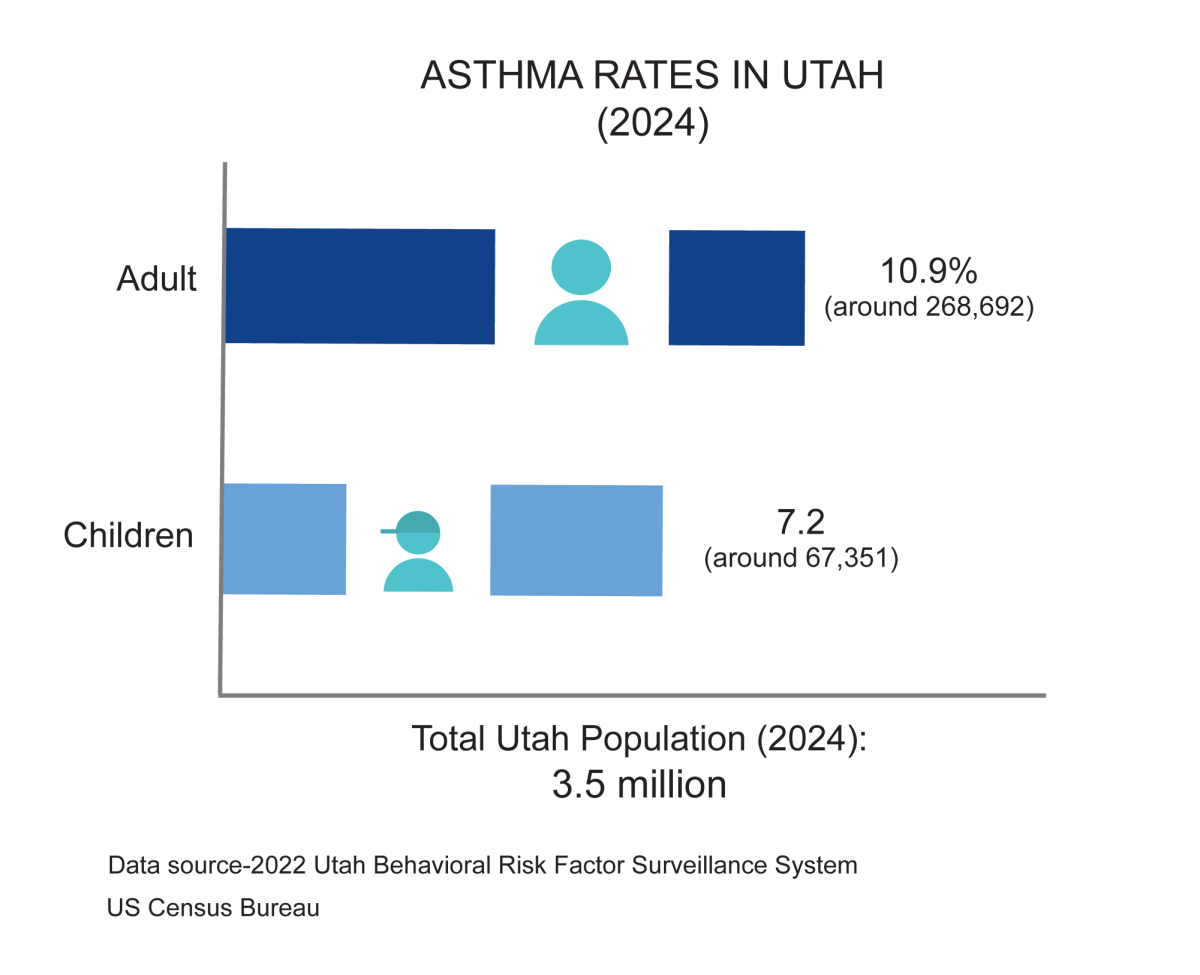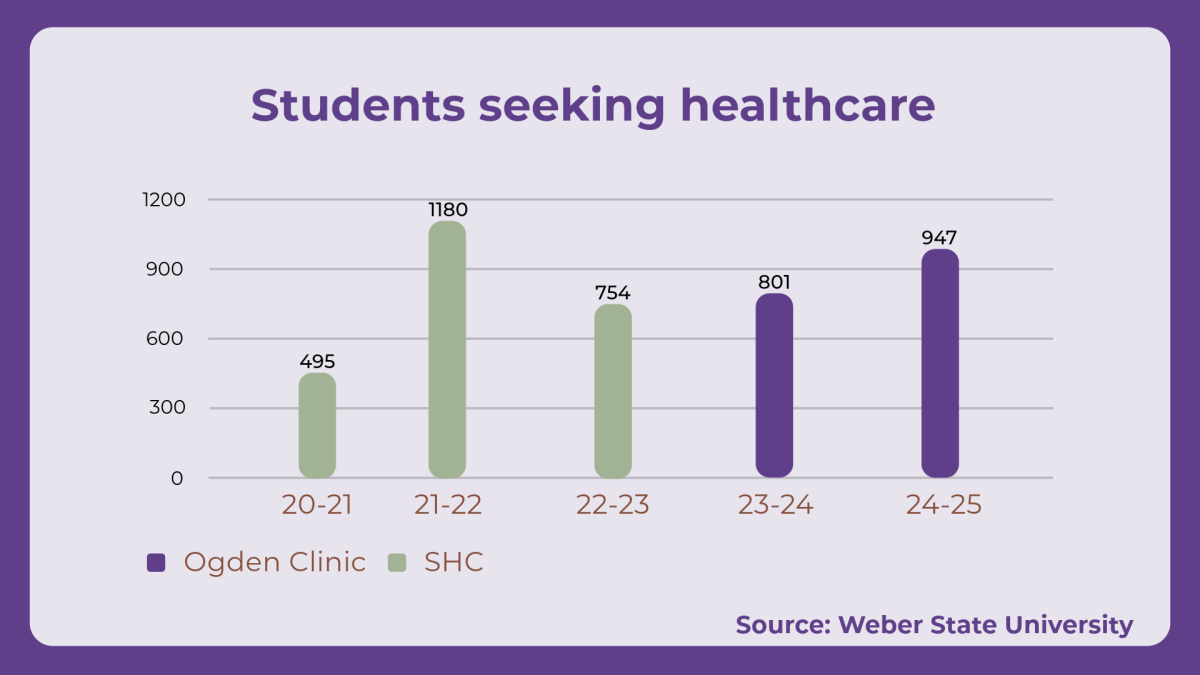
Immunizations and vaccinations are heatedly debated between the anti-vaccination movement and most healthcare providers.
One of the key arguments for vaccination is herd immunity. Herd immunity is a form of immunity that happens when a large portion of a population provides protection for individuals who haven’t developed immunity.
Herd immunity helps break the chains of infection, meaning the people who are susceptible to diseases may not come into contact with an infected individual.
Those who depend on herd immunity are people who are receiving chemotherapy treatment, people with HIV, newborns who are too young to get vaccinated, the elderly and those who may not have a fully-functioning immune system.
There are only a few reasons why a person should not receive a vaccine. For influenza, the Centers for Disease Control says that you should not get vaccinated if:
- If you ever had a life-threatening allergic reaction after a dose of flu vaccine, or have a severe allergy to any part of this vaccine, including an allergy to gelatin, antibiotics or eggs, it may be advised that you skip this vaccination. Most, but not all, types of flu vaccines contain a small amount of egg protein.
- If you have ever had Guillain-Barre syndrome (GBS), a disease in which someone’s own immune system damages their nerve cells. This can cause muscle weakness and sometimes paralysis. People usually recover from GBS, but in rare cases have died from difficulty in breathing, a complication of the disease.
- It is usually OK to get the flu vaccine when you have a mild illness, but it is advisable to wait until you feel better.
Not all health professionals are on the same page with the idea of herd immunity.
Dr. Suzanne Humphries wrote on her website, “Many vaccine enthusiasts like to invoke the term ‘herd immunity’ to make the argument that the non-vaccinated pose a risk to the vaccinated. But the concept of herd immunity has no relevance to the vaccinated as it was coined in reference to natural immunity in populations and what level the least epidemics occurred.”
Humphries goes on to write that there is no evidence that an 85 to 95-percent vaccination rate protects from outbreaks.
“I wouldn’t agree with her,” said Valerie Gooder, Ph.D, RN, an associate professor at the School of Nursing at Weber State. “There is evidence of it, I can promise you that.”
Gooder said that herd immunity is recognized as legitimate theory among medical professionals.
Ten cases of pertussis (whooping cough) have been confirmed with 83 or more probable cases by the Grand Traverse County Health Department on Nov. 10. The outbreak has shut down Grand Traverse Academy, a public charter school, for the remainder of the week.
The Grand Traverse County Health Department said community members should get up-to-date on pertussis vaccinations to help prevent the spread of whooping cough.
“Booster shots for pertussis are critical because, unlike some other vaccine-preventable diseases, neither the pertussis nor the vaccine confers lifelong immunity. The best way to prevent pertussis cases and outbreaks is to have the highest possible level of immunization in the community,” said the Grand Traverse County Health Department.
If students, faculty or staff would like to do their part in helping herd immunity, please visit a clinic and receive the booster shots and any vaccinations that you may need. Vaccinations can be provided by the Weber-Morgan Health Department. All fees for adult vaccinations are available on their website.
“Get your flu shots early because it takes a couple of weeks to reach full immunity,” advised Gooder.
Flu vaccinations are available at no cost for students at Weber State at the Student Health Center.







